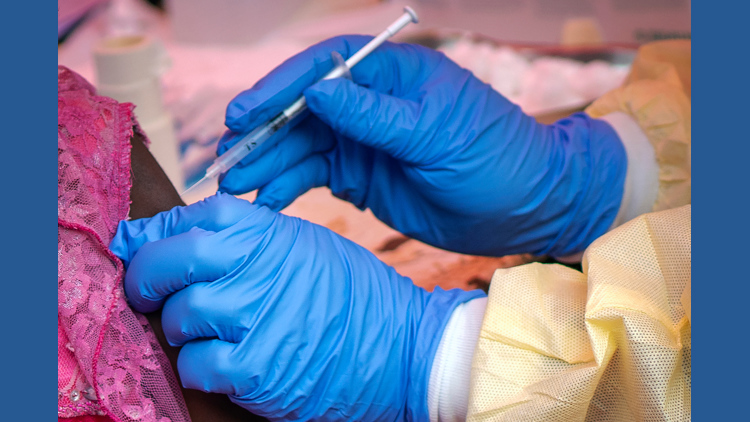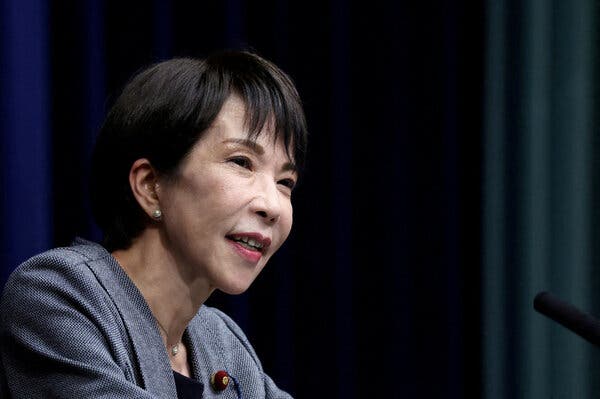
FILE - In this Saturday, July 13, 2019 file photo, a person is vaccinated against Ebola in Beni, Congo. (AP Photo/Jerome Delay, File)
A severe health crisis is unfolding in eastern Congo, where over 80% of health facilities are currently experiencing critical medicine shortages. The International Committee of the Red Cross (ICRC) has reported that more than 200 health facilities are affected, primarily due to ongoing violence in the region and a lack of resources.
As fighting continues to disrupt communities, access to essential medical supplies has significantly diminished. The ICRC has emphasized that this situation is exacerbating the already dire health conditions faced by local populations. Many civilians are unable to receive the medical attention they desperately need, leading to increased suffering and preventable deaths.
The humanitarian organization pointed out that the lack of medicine is not solely due to the conflict. Delays in supply chains and logistical challenges have also contributed to this alarming situation. Access to remote areas has become nearly impossible, further isolating communities in need.
Impact on Local Communities
The consequences of these shortages are profound. Many patients are left to cope with untreated illnesses, while healthcare workers struggle to provide care without necessary supplies. According to the ICRC, this crisis could lead to a resurgence of diseases that had previously been under control, such as malaria and cholera.
In rural areas, the situation is particularly severe. Health workers report that they are forced to turn patients away due to the lack of medications and basic medical supplies. This not only affects individual health outcomes but also places immense strain on healthcare systems that are already fragile.
In response to the escalating crisis, the ICRC is calling for increased support from international donors to help replenish depleted medical stocks. The organization is also urging all parties involved in the conflict to ensure that humanitarian access is granted to aid workers.
Urgent Need for Action
The ICRC’s findings highlight the urgent need for a coordinated response to address the health needs of civilians in eastern Congo. With the situation continuing to deteriorate, it is crucial that immediate steps are taken to restore access to healthcare.
The humanitarian community is rallying, but time is of the essence. Without swift action, the ongoing conflict and resultant medicine shortages could lead to a full-blown health catastrophe. The international community must prioritize this humanitarian crisis to prevent further loss of life and suffering in the region.
As the ICRC continues its efforts, the hope remains that a more stable environment will soon allow for the restoration of essential health services in eastern Congo. The resilience of local healthcare workers and communities stands as a testament to their determination, but they cannot face this challenge alone.






